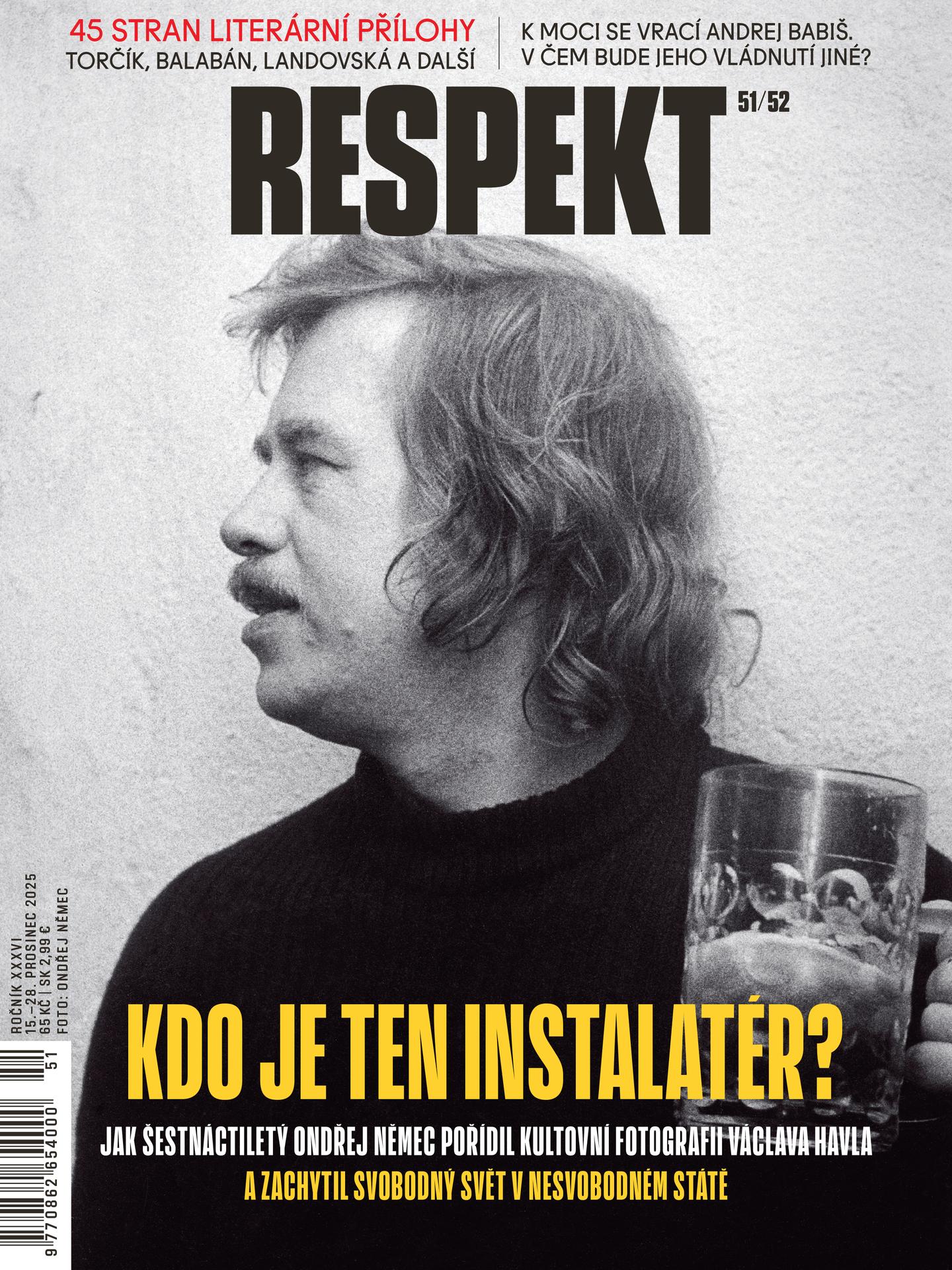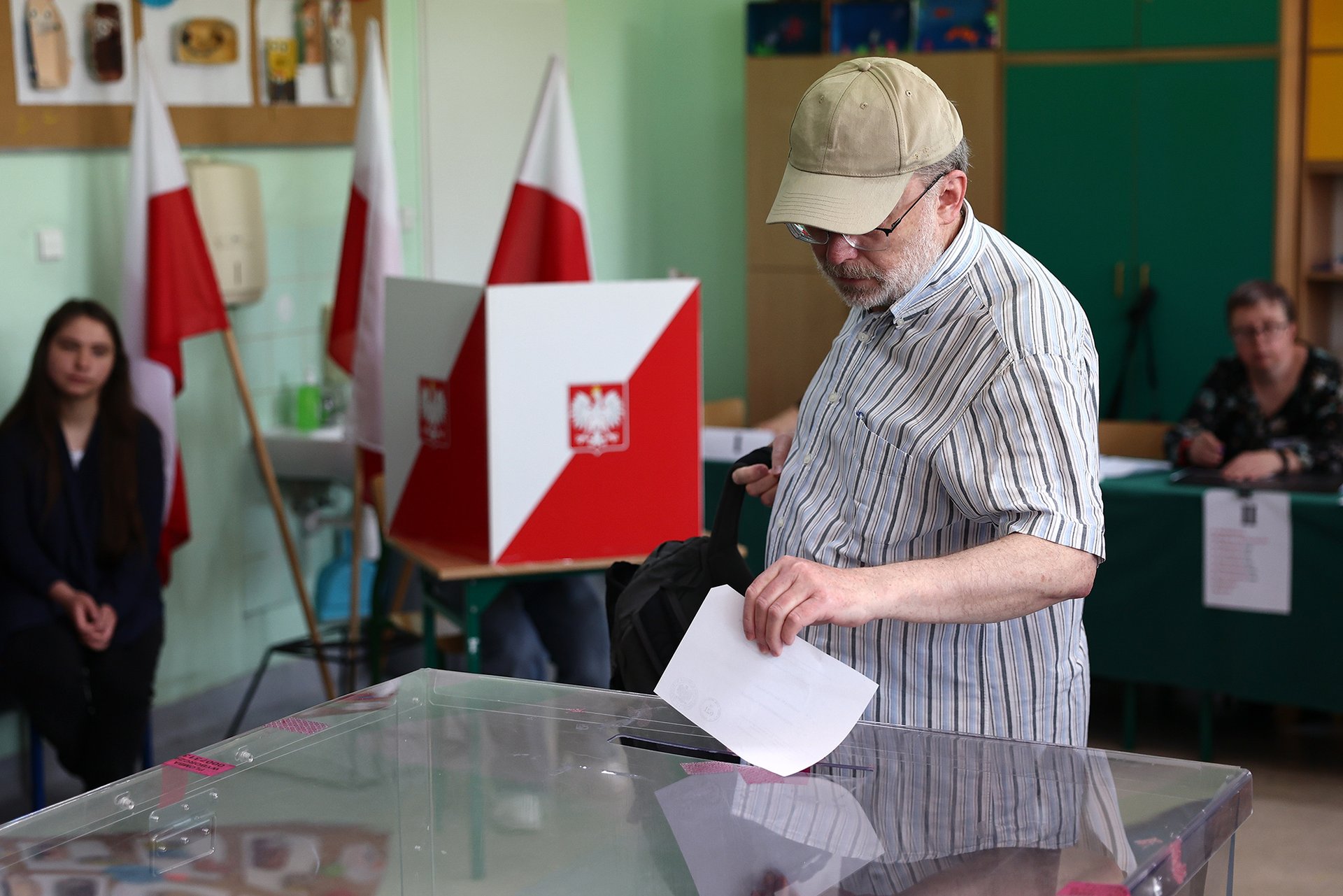Confusing labels
Jiří Paroubek's statement about "other cultures" whose members "shouldn't get jobs" can't compete with the comments of Paroubek's friend and Slovak Prime Minister Robert Fico last week that Roma "commit a substantial chunk of crime" in relation to the total population, and since prevention doesn't work, "suppression will take hold". Still, both statements convey the same unfortunate stance of the current Czech and Slovak left.

Putting aside Paroubek's effort to deny his statement (which the Social Democrats themselves indirectly confirmed the same day), the question arises of why the Czech-Slovak left is so staunchly nationalist and conservative in contrast with the European tradition. My colleague, Zbyněk Petráček, rightly pointed out in Lidové noviny that in Germany, for instance, it has always been the far right that steered nationalist sentiments and support for the German Leitkultur. And in other Central European countries like Poland and Hungary, it's also the right that holds fast to the flag of national ideology and extends animosity to minorities.


This space doesn't allow for deeper reflection on the reasons for this Czech-Slovak anomaly. One possible explanation is, however, that during the First Republic, the right lacked a strong tradition unlike its counterparts in Poland and Hungary - and it therefore had to produce one on the spot. And since November 1989 was essentially a victory for liberal democracy, the right latched onto this ideal, which it propounds today more fiercely than the left does. The left remains stuck in both the First Republic and the Communist past. This may also account for why the media in the Czech and Slovak Republics tends to lean to the right - again, in contrast with its Hungarian and Polish equivalents. The right clings to the press as a great bastion of freedom.
The main problem, however, lies with the way Czech and Slovak leftists muddy terms when they pretend to follow the European leftwing tradition while denying it in their actions and words. A single example will suffice: a party that has — either intuitively or calculatingly - named itself the Workers' Party today sits on the extreme right. Maybe it's time to change the language.
Translated with permission by the Prague Daily Monitor.
Pokud jste v článku našli chybu, napište nám prosím na [email protected].










